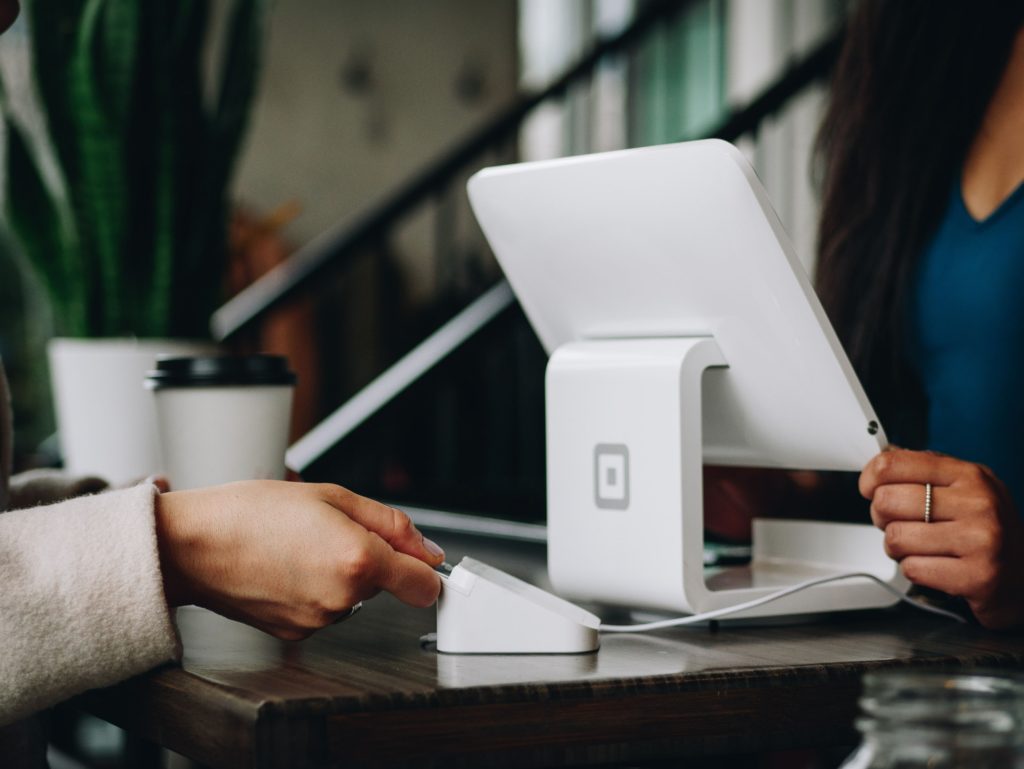
A trademark includes any word, name, or symbol used to identify and distinguish one seller’s goods from the goods of other sellers of others. The symbols, phrases, and words make brands and products unique and allow consumers to identify high-quality products. The Lanham Act of the United States Code is a law that provides for a federal system of trademark registration. The Act protects the owner of a federally registered mark against the use of similar marks if it is likely to result in consumer confusion or if a decrease in the value of a famous mark is likely to occur. Specifically, section 32 of the Act prohibits unauthorized use, sale, or advertising of counterfeit goods.
Counterfeit goods are those products marked with a trademark without the trademark owner’s permission and are generally of inferior quality to legitimate products. Frequently counterfeit goods are poorly assembled and may become a safety issue. Additionally, they can negatively impact the quality associated with a product. This affects the reputation of a particular brand by decreasing customers’ confidence in the brand when they unknowingly receive a counterfeit item.
E-Commerce and Counterfeit Items
When the words “counterfeit goods” were mentioned in the past, people often had an image of brick-and-mortar stores on shady side streets or those located on New York City’s well-known Canal Street. However, with the rise of the information and post-digital age, counterfeit items are more prevalent than ever due to the ease of selling goods online. Selling counterfeit items online has made it easier to fool unsuspecting customers into paying for goods of low quality. For example, it becomes harder for consumers to discern whether an item is legitimate because sellers of counterfeit goods can sell items online using pictures of legitimate products.
Today, many e-commerce platforms allow brands to sell their products to anyone in the world. Amazon, in particular, has taken the world by storm by enabling individuals and companies to sell practically anything to the far corners of the world. E-commerce is the ideal storefront for counterfeit goods. It allows sellers to use a trademarked brand or product name, take photos and reviews directly from sellers’ websites offering legitimate goods, and market products they claim are authentic to ship an item that is not genuine or poorly manufactured.
How Can I Protect My Brand?
You can do many things to protect your trademarked brands and products. First, you should register your trademark. The process to federally register a trademark can be complex and confusing, so it is essential to consult with an attorney when applying. Before applying, ensure that the mark can be registered. Also, ensure that the strength of your mark does not make it difficult to protect. It would be best if you searched the United States Patent and Trademark Office (USPTO) database to ensure that your trademark is not already registered. Once you submit an application and it is approved, your trademark will be published in the “Official Gazette.” Then, a party who believes your trademark registration will damage them will have 30 days to oppose the registration. Upon 30 days passing with no party opposing registration, the USPTO will register the mark and send you a certificate of registration.
Once your trademark is federally registered, you should record it with the United States Customs and Border Protection (CBP). Recording with CBP will put customs on alert for goods that infringe on your trademark. If the CBP suspects that certain items are counterfeit, they retain the items and seize them upon determining that they are bogus. Recording requires that you provide the USPTO registration number, a digital image of the protected marl, and a $190 filing fee.
Other steps you can take to protect your trademark include:
- Monitoring the internet for counterfeit items and training employees to identify counterfeit items being sold online
- Provide customers with a list of authorized retailers on third-party websites
- Publicizing successful seizure of counterfeit goods to deter others from selling illegitimate products
How Amazon Protects Sellers from Trademark Infringement
Amazon is one of the largest e-commerce platforms to sell goods. Unfortunately, this leaves many sellers open to becoming victims of trademark infringement. Additionally, sellers can use confusing trademark variations for marketing their goods and selling to customers. If you have a federally registered trademark, you can use the Amazon Brand Registry to protect your trademark from counterfeiters.
Amazon allows you to upload your registered trademark into a company database. Once your trademark is entered into this database, you can use a search function to find any words, phrases, or images that may be similar to your trademark. If you find any products that use your trademark, you alert Amazon, which will take any action it deems appropriate for the infringement, including removal of the product.
To take advantage of the Amazon Brand Registry, you submit the information that identifies your trademark to Amazon. Amazon will then send an email to you or an individual you list to receive such emails to verify the trademark registration. Typically, trademark owners authorize an attorney to receive emails and manage their trademarks. The email contains a code that is submitted to Amazon as confirmation. Once confirmed, you will be allowed to use the searching and reporting functions.
Call The Trademark Attorneys at McClanahan Powers, PLLC
Registering your trademark and protecting it can be a lengthy and complex process. When dealing with the United States Patent and Trademark Office processes, it is wise to have a knowledgeable attorney on your side. In addition, knowing what to do when someone illegally sells items with your trademark can be even more daunting, and there are many different steps you can take to protect your trademark. If you have questions on protecting your trademark, call the experienced attorneys of McClanahan Powers, PLLC at 703-520-1326, or visit our website to schedule your consultation today.